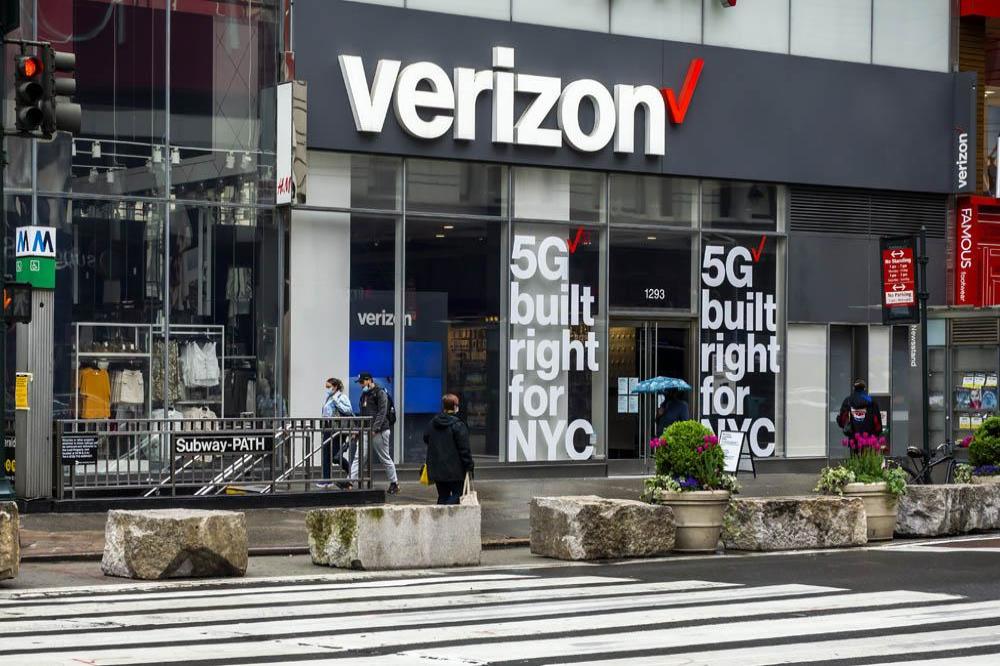Samsung Electronics has clinched a $6.6 billion deal with telecoms giant Verizon to supply wireless communications equipment for 5G in the US.

Verizon
The South Korean firm's deal, which will last until 2025, comes after Huawei was banned from working with US companies on 5G by President Donald Trump's administration.
Samsung doesn't use Huawei equipment.
Samsung said: "With this latest long-term strategic contract, we will continue to push the boundaries of 5G innovation to enhance mobile experiences for Verizon's customers."
In July, Huawei overtook Samsung to be crowned the world's most popular smartphone marker.
Analytics firm Canalys claimed that the Chinese firm replaced the company after they sold more phones worldwide than any of their competitors worldwide.
In 2018, Huawei beat Apple to the title and the it also marked the first since 2011 that Apple and Samsung haven't claimed the feat.
The switch comes as the coronavirus pandemic dealt a blow to sales, with Samsung's global shipments falling by 30 per cent year-on-year.
This comes as Huawei had their hopes for global domination with 5G dashed, after the UK followed the US in banning their technology from being used in their network.
Meanwhile, Samsung recently claimed they will have 6G ready by 2028.
A white paper from the electronics giant stated that within the next seven years they will have completed on 6G, with "mass commercialisation" expected by 2030.
In a statement, the company said that 6G will be a "truly immersive extended reality" and be used on humans and machines.
They explained: "Samsung expects that the completion of the 6G standard and its earliest commercialisation date could be as early as 2028, while mass commercialisation may occur around 2030.
"Both humans and machines will be the main users of 6G, and 6G will be characterised by provision of advanced services such as truly immersive extended reality (XR), high-fidelity mobile hologram and digital replica."
What's more, Samsung claims 6G will have a peak data rate of 1,000Gbps.
Currently download speeds on 4G can reach 100Mbps in comparison.
They added: "The architectural requirements of 6G include resolving the issues arising from the limited computation capability of mobile devices as well as implementing AI right from the initial phase of technology development and enabling the flexible integration of new network entities."

